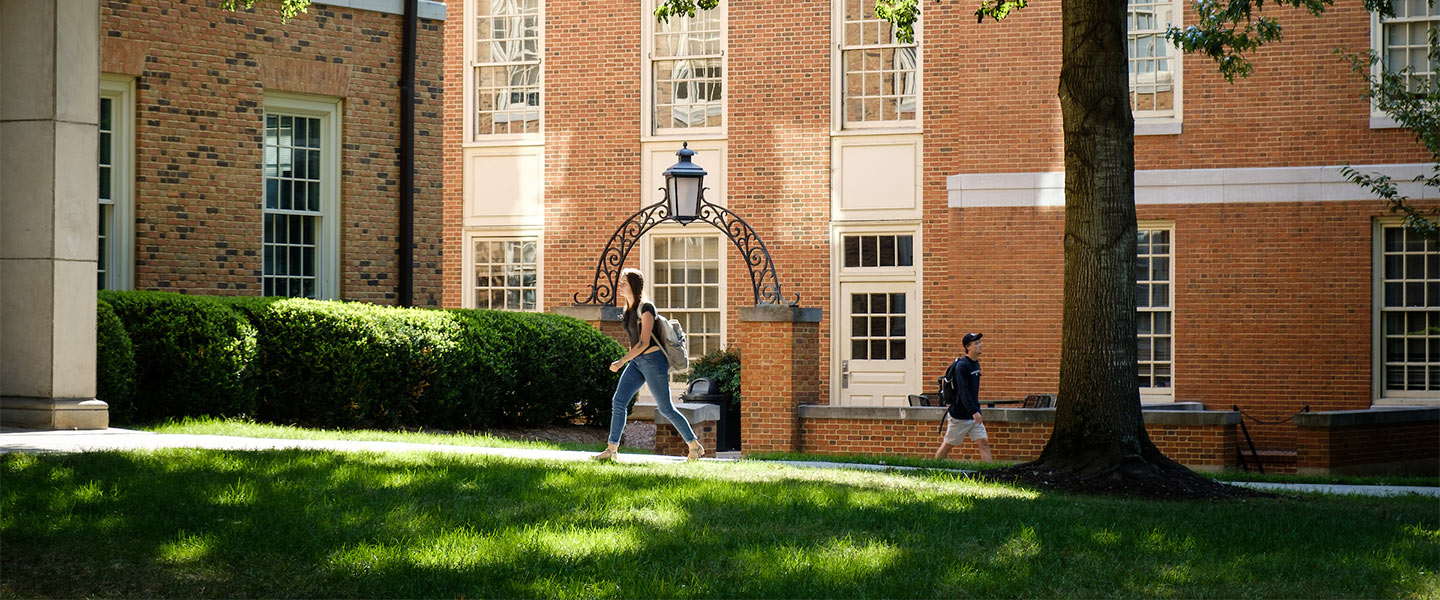Herman_Snerd
5-Year Member
- Joined
- Nov 27, 2017
- Messages
- 1,837
I recommend you read the ROD (regulations for Officer development) or like document from your unit, your contract, discuss with your chain of command if you have questions - I'll just share details from a ROD (from another unit than my DS), a case example of where recoupment was and was not considered,, and you can form your own opinion. I want to avoid any point/counterpoint debates as perhaps there are examples where recoupment was required when not fair, and examples where recoupment was waived when maybe it shouldn't have been. But right in the paperwork it says it's possible.
- Recoupment heavily relies on the recommendation of the PMS for recoupment during a PRB or separation in their statement and the PMS recommendation for recoupment. Generally the guidance shared is about avoidance and fault. Not your fault (passenger in a car hit by someone else)- no recoupment. Could you have avoided or did you cause that injury? then risk for recoupment. Elective surgery (ex Lasik) goes bad - you sign a waiver beforehand noting you'll be on the hook for recoupment if you cannot serve afterwards.
- Generally understand you in signing a ROTC contract are making a commitment to serve - it's not a freebie. Either you fill that obligation or after the free first year/ start of second year on scholarship, you have obligations.
- An AROTC junior broke his neck tackling someone in a pickup football game - didn't know how to tackle. Does it matter that the game was at 2AM on a muddy field? IDK. Fusion surgery, months in a halo and PT followed. He recovered, but could not serve. He had to pay the scholarship back. He was told something to the effect of "you shouldn't have been out there doing something so (*$%^ing stupid", though in more diplomatic words by his PMS and after a "secret" vote in a PRB and his PMS recommendation for recoupment, he was on the hook. They gave him 10 years after graduation to repay the scholarship monies at a low interest rate, and with no interest accruing until he graduated.
- A Marine mid was 90% through OCS 2 years ago, and broke his leg after a car he was in was struck by another. He recovered and repeated OCS in full the next year, but was assured immediately there would be no recoupment if he couldn't move forward.
really? I had a guy in my YG that had psoriasis and didn't have to pay back anything. Your saying an injury playing intramurals equates loss of scholarship and payback?
- "MIDN Military Service Obligation/Recoupment on Disenrollment. Midshipmen should refer to their contract for specific information regarding their obligation. In general terms, the following information is provided but this information may vary from year group to year group, etc.: (1) Four-Year National Scholarship MIDN incur an obligation for active service or recoupment on the first day Naval Science class begins during their second academic year, whether or not the MIDN attended that class. If they disenroll from the program, voluntarily or involuntarily, after this point, all tuition and fees, including the first year, are recoupable. (2) Three and one half-year scholarship recipients become obligated on the first day Naval Science class begins their second semester in the program. If they disenroll from the program, voluntarily or involuntarily, after this point, all tuition and fees, including the first semester, are recoupable. (3) Three-year scholarship recipients become immediately obligated upon signing the program contract."
- "If disenrolled, the OC will be issued PCS orders to return to enlisted duty. As provided in OPNAVINST 1420.1B series, the service member is required to complete 5 years of enlisted service from the date of program disenrollment or the remainder of their current enlistment, whichever is longer. Moreover, as per Title 10, Section 2005, OCs who cannot perform active duty may be subject to recoupment. As a result, the unit shall make the following entry in their service record, Page 13 NAVPERS 1070/613: "Service Agreement: Education (STA-21). I understand that, as a condition to receiving financial assistance from the federal government, I may be obligated to reimburse the government for any tuition/fees paid for on my behalf. Normally, recoupment is pursued when OCs are disenrolled from the program, voluntarily or involuntarily, and no longer suitable for active duty.”
- "If, during the PRB or in the disenrollment paperwork, a statement is made that the student has a physical, psychological, alcohol or drug problem that may preclude them from AES, a medical evaluation shall be completed and forwarded to BUMED before mailing the disenrollment package to NSTC OD4. If the PNS recommends recoupment or if the student tests positive during a urinalysis test, a medical evaluation is not required. "

